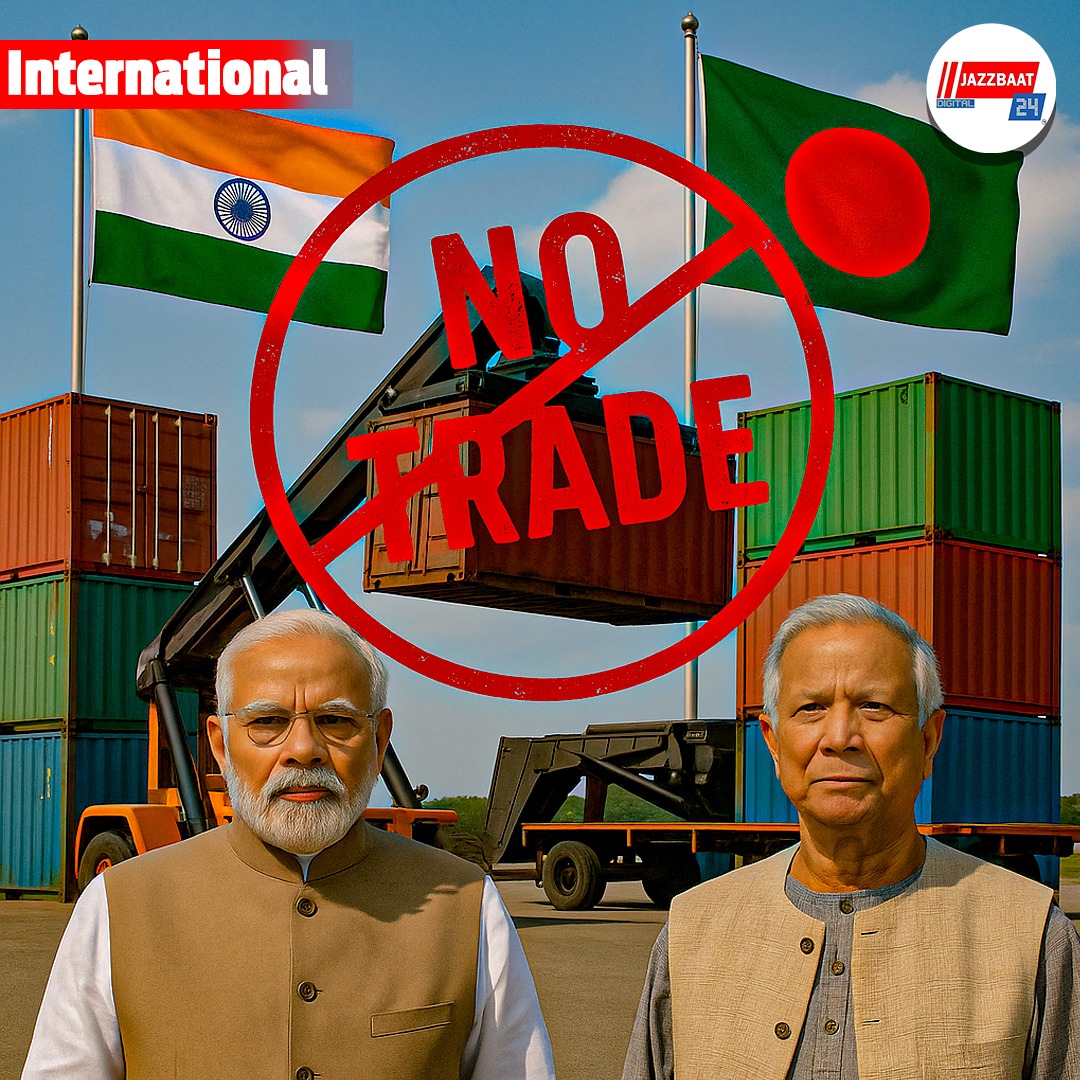
Recently, India has placed a ban on various products imported from Bangladesh. Essentially, import of ready-made garments, fruits and fruit-blended beverages, carbonated beverages, snacks, confectionery, cotton and cotton-manufactured items, plastic and PVC items, wooden furniture, etc. from Bangladesh via road has been halted. A new era in the trade tensions between the two nations has been opened with this move by India.
Sheikh Bashiruddin, who is the Trade Advisor to the Bangladesh interim government, has spoken on this Indian ban. He mentioned that they have received no official notice or message from the Indian government as of yet. Therefore, they do not officially know anything about it and they will do something officially only after getting official communication. Nevertheless, he is optimistic that the two nations would settle any issues through dialogue.
This Indian ban has coincided with the fact that Bangladesh itself has also placed a ban on certain Indian products. Particularly, Bangladesh had placed a ban on the import of Indian cotton through road mode last month. Additionally, India has also recently withdrawn the facility of trans-shipment which it had provided to Bangladesh for third-country exports. As a consequence, there is quite clearly an indication of any form of retaliatory commercialism by way of mutual sanctions between the two nations.
Trade Advisor Sheikh Bashiruddin added that they came to know from the media and social media that India is making new moves in some border areas, particularly at Akhaura and Dawki land ports. While nothing has been officially declared yet, he feels that this issue should be tackled through talks.Bangladesh's Yunus government has asserted that India's sanctions will not affect them significantly. Since they are in a position to control the situation on their own. For instance, even when the trans-shipment was cancelled, Bangladesh has moved in alternative steps independently. "We are in a geographical position where competitive transport costs and other things are fixed.". In this respect, we also have our own policies, for instance, we put import restrictions on agricultural products from time to time, India also does so. It is part of trade management.
Though the decision is being referred to as 'preventive' by India, as Bangladesh had already restricted some crucial Indian goods' import. Specialists believe that the diplomatic tension has grown with an increase in political tensions and internal developments. The removal of Sheikh Hasina's administration and charges against suppression of Hindu minorities have caused fresh tension in India-Bangladesh diplomatic relations.
Bangladesh's readymade garment sector is likely to be the most affected by the ban. The ban covers around $770 million worth of exports, which is approximately 42 percent of Bangladesh's overall exports to India. But since this ban operates at Indian land ports, Bangladesh will now have to export its products by sea, particularly from Kolkata and Nawa Sheva ports. Consequently, not just will the cost of transportation rise, but also the time it would take for the commodities to arrive, which will have a direct impact on business gains and losses.
In this scenario, fresh doubts are being raised regarding the future of trade relations between the two nations. Trade between India and Bangladesh has been interdependent for years. Bangladesh is a significant export hub, particularly for India's northeastern region. Therefore, such a ban between the two nations is detrimental to trade ties. Yet, as per Sheikh Bashiruddin, Bangladesh still intends to take this scenario forward on the way towards ending the situation via negotiations.
If the two nations initiate formal talks at this juncture, some curbs might be eased. But prior to that, both will need to demonstrate flexibility in their political stance. If these two southern neighbors of South Asia set out to solve the issue while displaying diplomatic goodwill amongst themselves, it will be a good sign for the region. Otherwise, if the current trade war between the two nations would take a long time to be resolved, it will affect not just the economy but diplomatic relations as well.